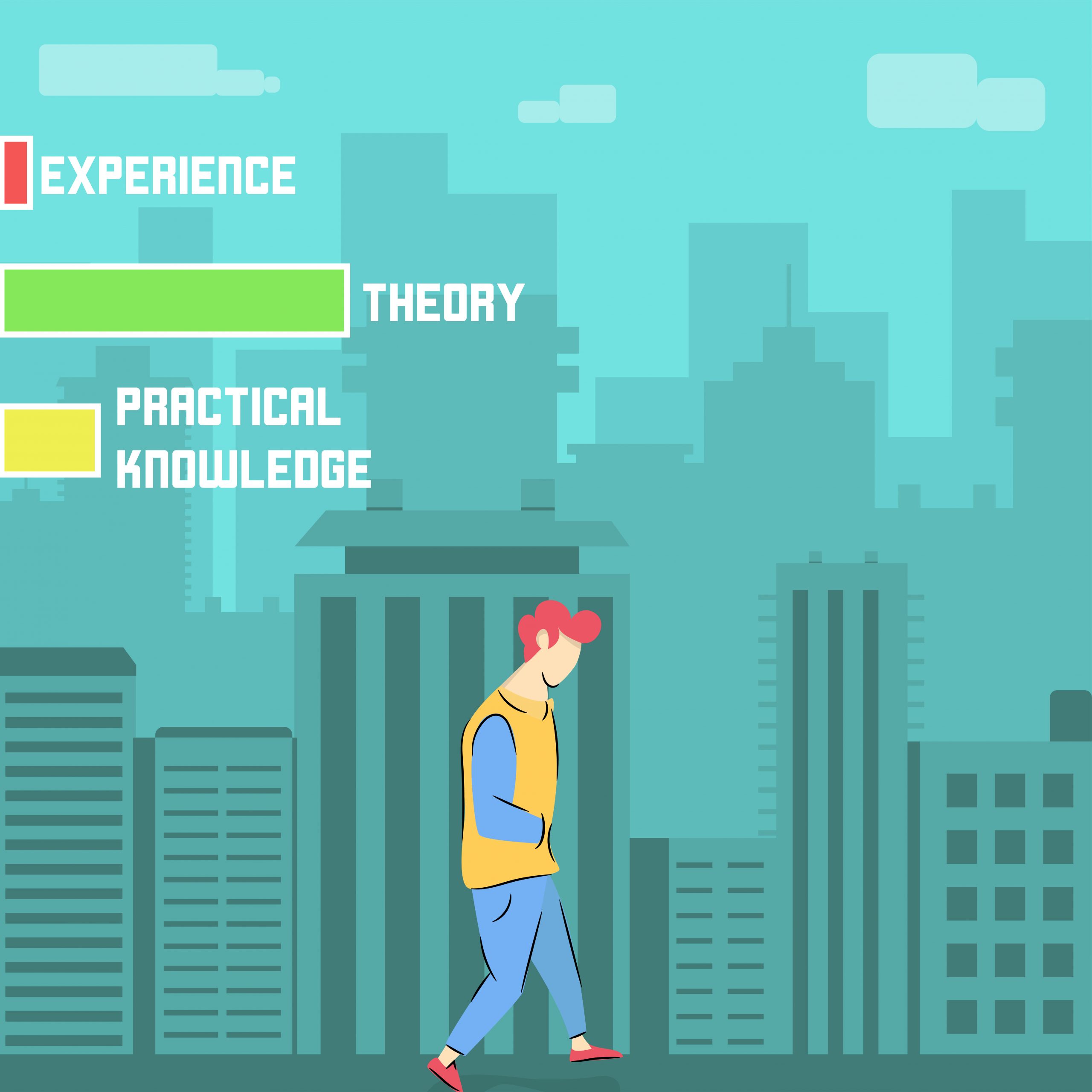“Education is the most powerful weapon which you can use to change the world.” - Nelson Mandela
Indian Education System is the third-largest Education System in the world, which comprises more than 800 universities, 39,000 colleges, and a capacity of enrolling more than 20 million students. It can create a foundation for a world-class education. India has made progress in increasing the attainment rate of primary education. In 2011, approximately 75% of the population, aged between 7 and 10 years, were literate.


Even with all the growth and implementation of new policies in this sector, we often forget how the curriculum still stays outdated. Students learn the same discoveries which originated in the 17th, 18th, 19th century while being unaware of the recent technological advancement in the field of Science.
Our history books still teach us the World Wars, the French Revolution, and end with the Framing of the Constitution.


A student doesn’t even realize that he has been studying history for 20 years until he steps into the real world. With zero experience and no practical knowledge, it dawns upon the student that matching with the industry standards would be a hard nut to crack. As the world progresses, we keep discovering new technologies and inventions every day. Machine Learning and Artificial Intelligence are some of the examples of what the future holds.
“A world where Artificial Intelligence [AI] is going to change the world more than anything in world history. More than electricity”
— AI ORACLE and Venture capitalist Dr. Kai-Fu Lee, 2018.
There is a 20-year gap in the learning process of a modern world student. Education provided in schools and colleges these days do not cover the industrial aspect of the world. On the other hand, industries keep on expanding with better and new resources. The situation worsens as the students live in their bubble of reality, which shatters the moment they step into the industry after graduation.
The situation worsens as the students live in their bubble of reality, which shatters the moment they step into the industry after graduation.
There is a strong need for curriculum implementation, which is in line with industry standards. Why is there a convention of studying for 20 years and then entering into the industry?


There is a strong need for curriculum implementation, which is in line with industry standards. Why is there a convention of studying for 20 years and then entering into the industry?


Why do we need to mug up everything and shun the curiosity of a blooming mind when we should experiment and explore to get practical knowledge?
Imagine! If 20 million students enter into research and development, then nothing can stop India from becoming the next world power.
Students must be taught about technology right from the early years of their education so that it does not come like an alien thing in their later times.
High time we ponder over these thoughts and questions!






